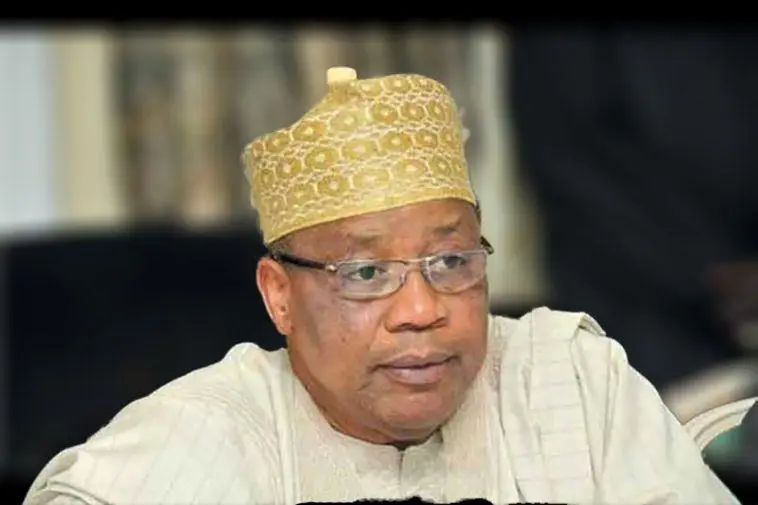Former military President of Nigeria, General Ibrahim Badamasi Babangida (IBB), has admitted that the annulment of the June 12, 1993, presidential election was a mistake. The revelation comes in his newly released autobiography, where he provides fresh insights into the controversial decision that plunged the nation into political turmoil.
The June 12 election, widely believed to have been won by Chief Moshood Kashimawo Olawale Abiola, was annulled by Babangida’s regime, citing security concerns. The decision sparked widespread protests, economic instability, and a prolonged political crisis that ultimately led to his stepping down as Head of State in August 1993.
In his book, Babangida acknowledges that the annulment was not in the best interest of Nigeria and expresses regret over the consequences of that action. He explains that the pressures from military and political elites at the time played a significant role in the decision, emphasizing that, in hindsight, the country would have been better off if the democratic process had been allowed to run its course.
This admission is a significant departure from Babangida’s previous justifications for the annulment. Over the years, he had defended the action, claiming it was necessary to prevent national disintegration. However, in his autobiography, he concedes that the move had lasting negative effects on Nigeria’s democratic development.
The disclosure has reignited debates among political analysts and historians, with many seeing it as an attempt to rewrite history and seek public redemption. Some have welcomed Babangida’s honesty, while others argue that it does little to atone for the deep wounds inflicted on Nigeria’s democracy.
Abiola, the presumed winner of the election, was later arrested by the military government of General Sani Abacha in 1994 and died in detention in 1998 under mysterious circumstances. The Nigerian government posthumously recognized him as President-elect in 2018, declaring June 12 as Democracy Day in his honor.
Babangida’s autobiography is expected to stir further discussions about Nigeria’s political history, leadership decisions, and the long-lasting impact of the June 12 crisis on the country’s democratic evolution.




